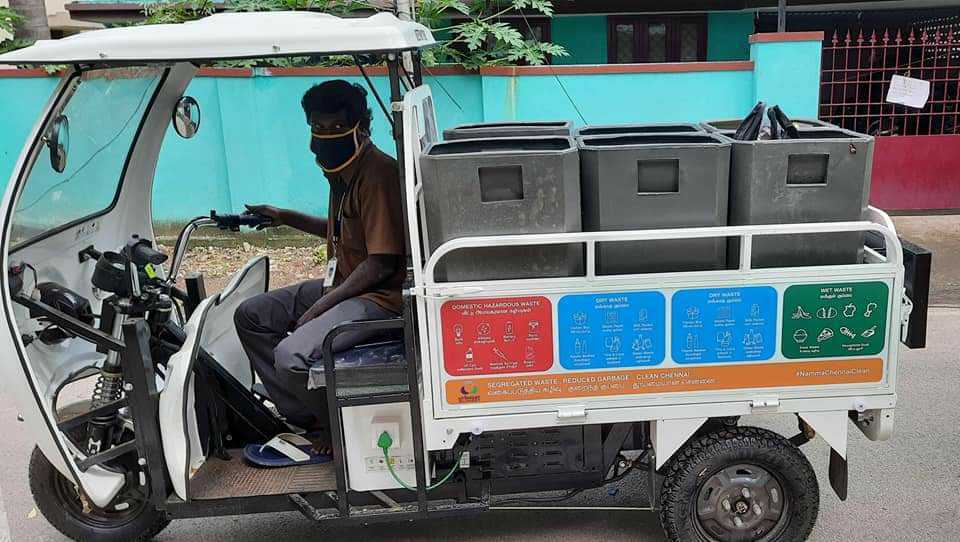An empirical research on provisions related to the health and safety of women garbage collectors in Chennai.
Authors: K. Niranjana Devi, Student of Central University of Tamil Nadu
Best Citation – K. Niranjana Devi, An empirical research on provisions related to the health and safety of women garbage collectors in Chennai, Indian Journal of Legal Review (IJLR), 3 (1) of 2023, Pg. 106-116, ISSN – 2583-2344.
Abstract
In India, ragpickers type the bottom of the hierarchy of the informal sector of solid waste management. Assessment of general and gender-specific health of women is conducted during this study seeable of the dearth of revealed proof. India is a well-developing country at the same time lots of problems occurred in India. In India, there are lots of provisions related to women. Much of women’s work has traditionally been carried out within the context of the family: growing food on a family plot; finding fuel, gathering water and preparing foods for family members; spinning, weaving, and sewing the garments worn by that family; cooking and washing for the family and looking after its children and its sick and elderly members. As women move beyond their traditional occupations, they meet new health hazards which may either replace or add to their existing occupational exposure. Women’s labour force participation rates have increased steadily, and not only in industrialized countries. The dramatic economic successes of the newly industrialized states of Asia, for example, are substantially a reflection of the increasing feminization of labour in this region. In these economies, female workforce participation rates increased far more rapidly than male from the 1960s, although their jobs were largely less-skilled and poorly paid. Women workers formed the largest pool of workers in export-oriented light industries, such as electronics and textiles, which underpinned economic expansion and conditions. In this research, the author mainly takes surveys from 1500 people and analyses whether garbage collectors have safety gloves and other safety equipment with them and how they have ensured safety from health disorders.
KEYWORDS: Management, labour force, women, garbage, hazard.
